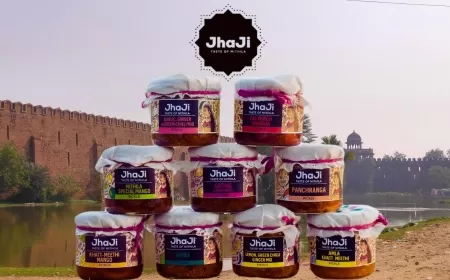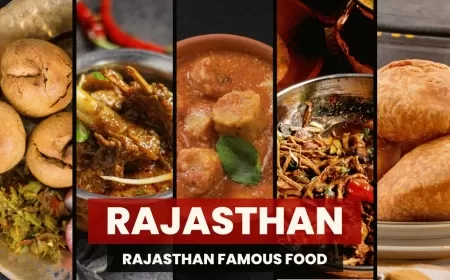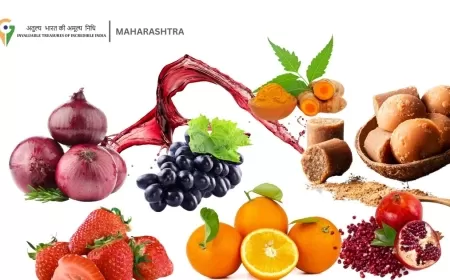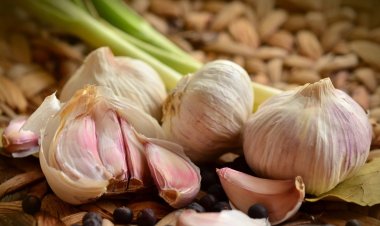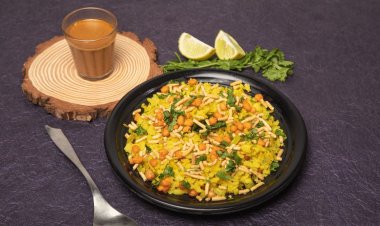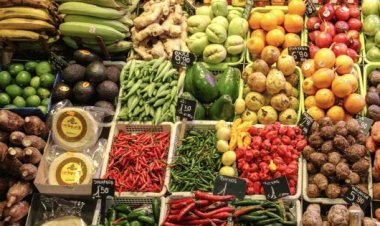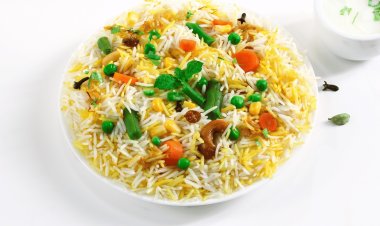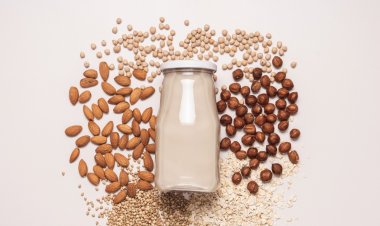Crisil Report: Food Cost Per Plate in India Shows Marginal Increase, Find out why?
The cost of vegetarian and non-vegetarian meals in India has started to increase after a period of decrease, primarily due to rising prices of tomatoes, pulses, and staple grains. Check the factors contributing to these changes and their impact on food prices.

The cost of a vegetarian and non-vegetarian meal in India, which had been decreasing since October 2022, has started to increase in May and June 2023.
The report states that the rising prices of tomatoes, pulses, and staple grains have contributed to the increase in the overall cost of food plates.
The cost of a vegetarian thali per plate went up from Rs 25.5 in April to Rs 26.7 in June. Similarly, the cost of a non-vegetarian thali is estimated to have increased from Rs 57.3 to Rs 60.8. In simpler terms, the price of a plate of vegetarian food and non-vegetarian food has gone up during this time period.
Tomatoes have become very expensive for the past month, causing a lot of trouble for ordinary people. The prices have gone up drastically, reaching more than Rs 100 per kilogram in many important cities.
Crisil report which keeps track of prices for the Department of Consumer Affairs, has recorded a significant increase in tomato prices. On average, the cost per kilo has gone up by Rs 60-100 compared to early June. In Delhi, for example, tomatoes were priced at Rs 20 per kilo in early June, but this week they reached Rs 110. Similarly, in Chennai, Ahmedabad, and Kolkata, which are major areas where people consume tomatoes, the prices rose to Rs 119, Rs 100, and Rs 150 respectively.
The prices of tur and gram, which are commonly used pulses, increased by 3% from the previous month in June. This contributed to an overall increase in the cost of a typical meal (thali). Additionally, the prices of wheat flour rose by 9% compared to the same month last year.
However, despite these increases, the cost of both vegetarian and non-vegetarian meals decreased by 5% compared to June 2022. This reduction was primarily due to a significant drop in vegetable and cooking oil prices, which make up 25% of the total cost of a vegetarian meal. Nevertheless, the decrease in cost was limited by higher prices of cereals, pulses, and chicken.
The decrease in the cost of a vegetarian thali was helped by a 15 percent drop in the prices of onions and potatoes compared to the previous year. Additionally, cooking oil prices also went down by 20 percent in June. However, the prices of rice and pulses increased slightly, with rice going up by 12 percent and pulses by 8 percent compared to the previous year. These increases prevented a further decrease in the cost of a vegetarian thali.
What's Your Reaction?
 Like
1
Like
1
 Dislike
0
Dislike
0
 Love
0
Love
0
 Funny
0
Funny
0
 Angry
0
Angry
0
 Sad
0
Sad
0
 Wow
0
Wow
0














